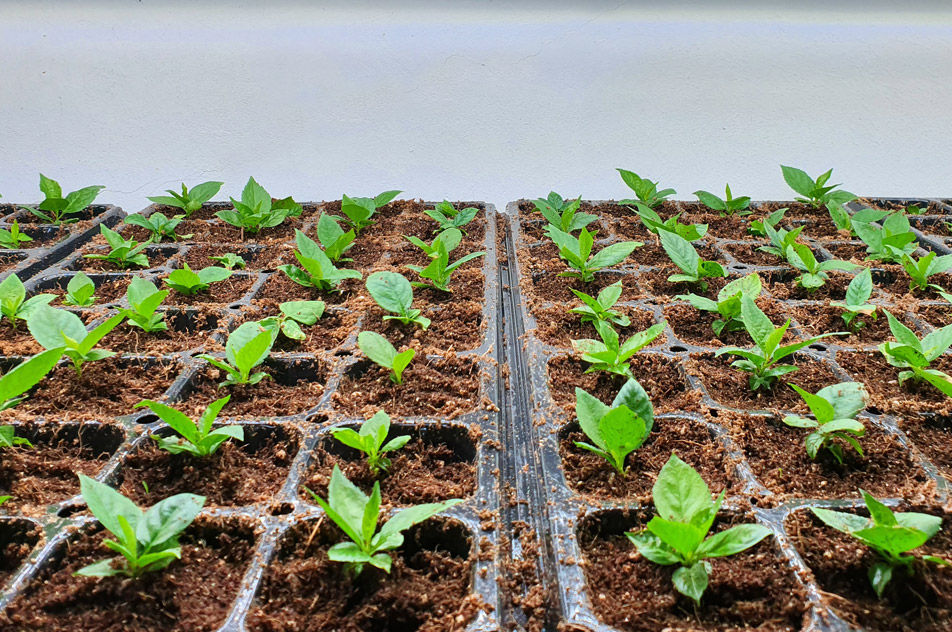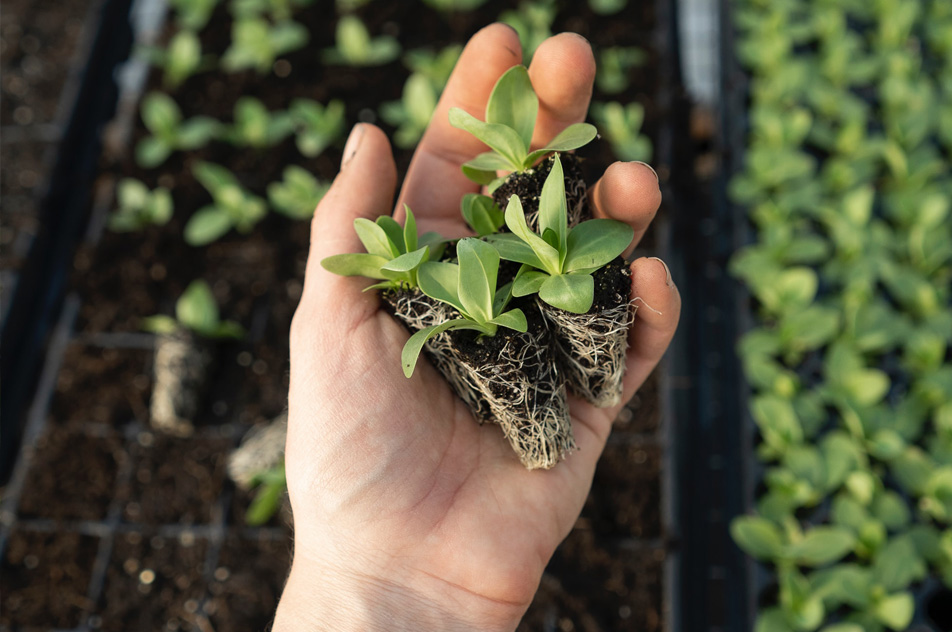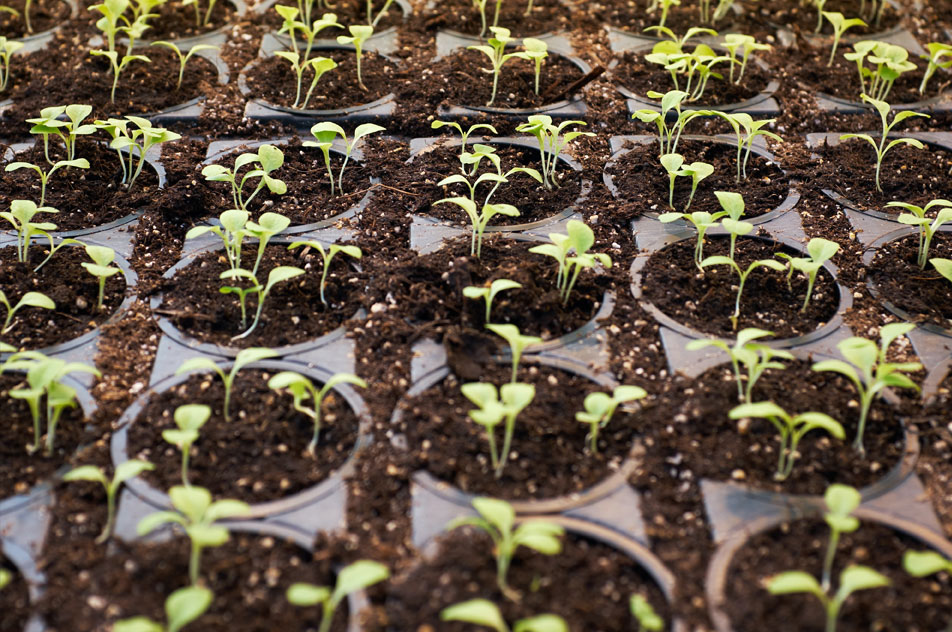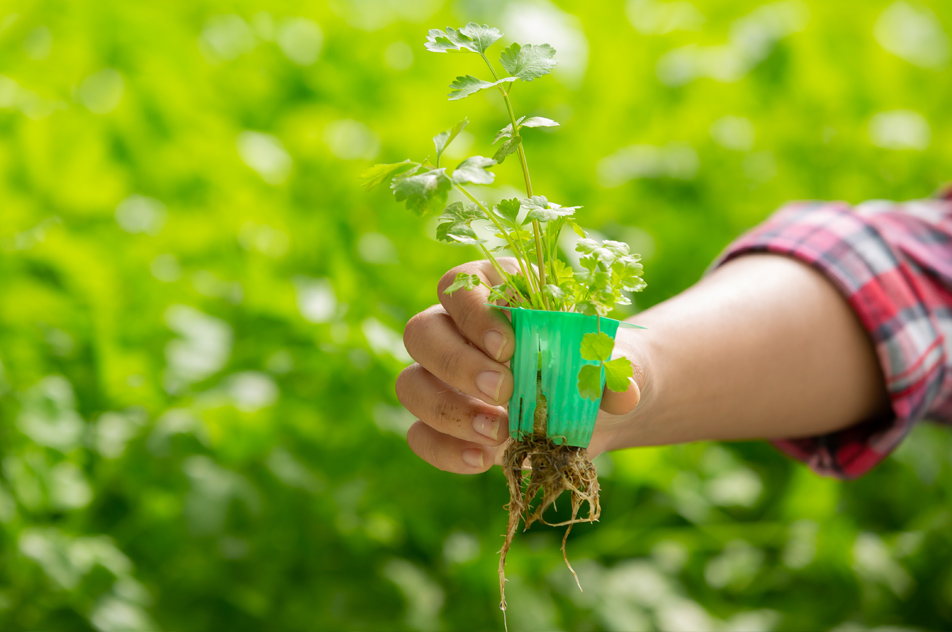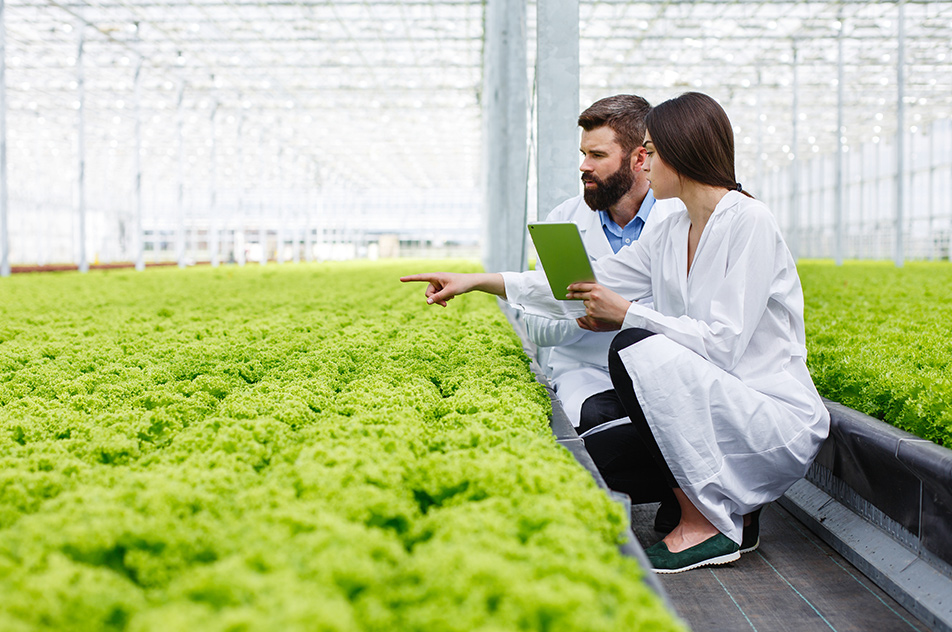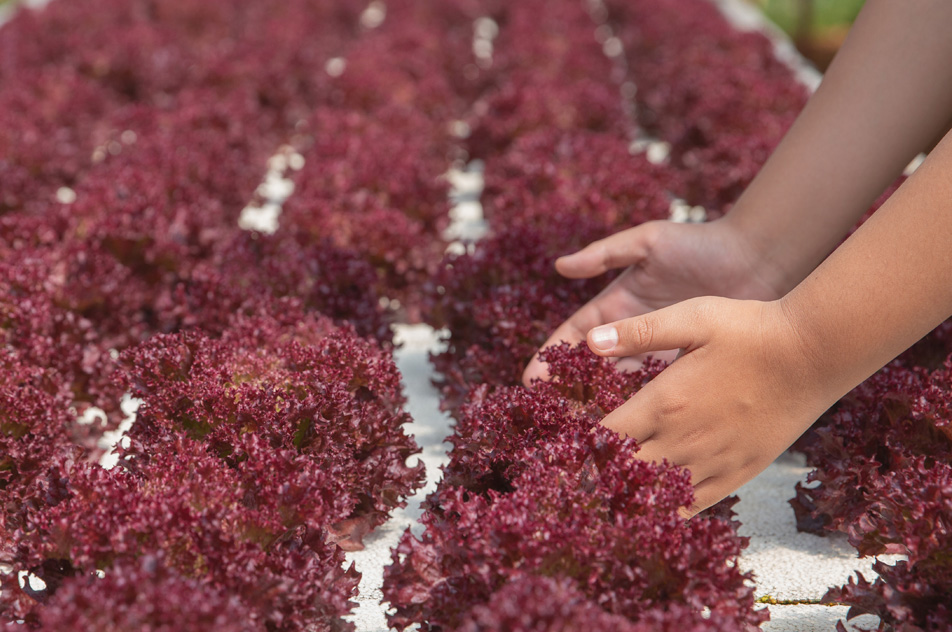We are Changing the
Farming sector in India
Totally organised and Mechanized
PANAMA NATURE FRESH
We at the Panama Nature Fresh have been trading in agricultural produce from as early as 2012. As encouraging as the results were, in a short span we started facing difficulties in procuring the produce from the farmers. This was mostly due to the fact that the process was disrupted/complicated as a result of poorly structured intermediaries who were enslaved by crony middlemen.
Floods, droughts, debt, the use of genetically modified crops, public health, and the usage of lesser-quantity pesticides owing to reduced investments producing a lower yield have all been proposed as reasons why farmers commit suicide in India. There is no consensus on what the major causes are, however, studies reveal that suicide victims are motivated by more than one reason, on average three or more reasons, with the predominant reason being unable to repay loans.
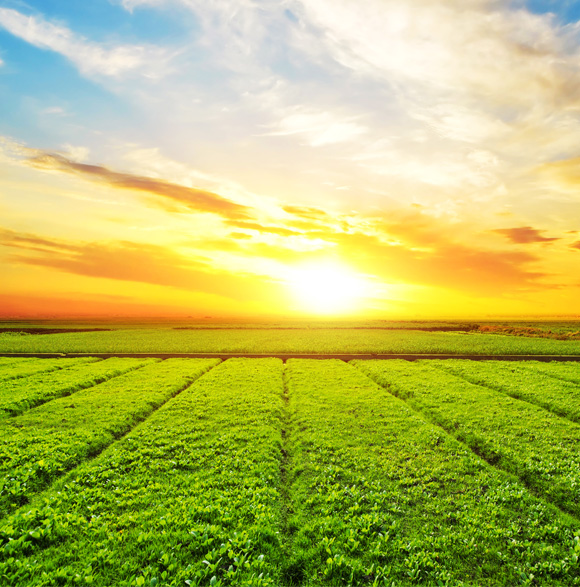
India is a country that’s mostly based on agriculture, with roughly 70% of the population relying on agriculture for a living, either directly or indirectly. India’s agriculture industry accounts for more than 15% of the country’s GDP. Hence why the farmers are called as the backbones of the food sector.
However, farmers have been compelled to take their life due to a variety of societal, economic, political, and personal issues. There is a failure of crops whenever the monsoons fail. Even irrigation facilities are not well developed in India, and as a result, farmers are forced to take out large debts in order to cultivate crops, and many of them commit suicide as a result of their inability to repay the loans, which are primarily taken out from landlords and banks.
Our products are directly procured from farms, And every one of our yields are sold at suitable prices, by valuing and respecting our farmers hard work and dedication that they put towards making a livelihood, that made it possible for us to fill our stomach.
Agriculture is more than simply a job. There is a lot that goes into the preparation of our meals. Despite of all the disregards that the farmers get, they toil day and night, through winter and summer, for seeds and soil, water and labour, protection and patience, all of which are necessary along the way.
Farmers play an important role in both providing the essentials for all of our food needs and transforming the agricultural environment. They guarantee the biodiversity of the overall ecosystem’s long-term sustainability. They are the foundations of our country’s food industry. They safeguard the farm produce from the moment it is planted until it reaches the market. And because of their unwavering dedication and hard work, the majority of us have food on our tables every day.
As a result, we focused our efforts as a business on obtaining organic vegetables directly from farmers. We made it our aim to begin dealing ethically, and by giving better prices we ensured that our local farmers got the credit and value that they deserved and can reap the benefits of their labours.
Keeping all of this in mind, we were inspired to venture from trading into outdoor farming. We were then doing outdoor farming organically, with sustainability as our top priority.
We had our farming bases in Chickmagalur, Shivmogga, and Hassan in a scale of 1000s of acres of land. The crops that we yielded in those lands were Ginger, Turmeric, Potato, Green peas, Chillies and other vegetables.
As soon as we ventured, we discovered that the soil was already contaminated by post cultivators with insecticides and fertilisers, and there was no rich nutrients for the crops left.
It had an impact on our yield since we couldn’t find the quality we intended to give the markets and we believed that giving anything less would be unethical.
However, when we did farm outdoors, we tried our best to avoid using any pesticides or any other harmful substances.
We avoided all kinds of chemicals, such as fertilisers and pesticides, since we prioritised organic farming. But the results of our production were not up to par.
The food we consume has become unhealthy as a result of these poisonous fertilisers.
Our objective was to improve the health and well-being of our people and children, as well as improve their everyday lives. And we saw right away that we needed to modify the way we grow the food they eat, making it more fresh and organic. And that was the most effective strategy to improve the quality of life and make it healthier. That is the primary reason why, to do organic farming, we took a 3 year break to re-plan and revamp the approach and now entered hydroponics and aim to be Karnataka’s biggest by 2024

TRADING
In Panama Nature Fresh, we procure at farm gate from 29 countries across the world and export to the USA, Europe, Canada and Australia.
We also procure the best quality meat from Mexico, Argentina, and Japan and supply them to Middle East and North America.
We procure the best quality cheese from Switzerland & Denmark from 300 year old private cheese manufacturers as well as in bulk from Switzerland, New Zealand, and Denmark for retail and super markets.
On a contract farming basis, Panama Nature Fresh has been cultivating 600 acres of avocado in Spain and 1800 hectors in Mexico and Columbia.
INVEST AND GROW WITH US

Trading & Exporters
Mei in delenit denique disen tiunt, ne quodsi repudiare duo terg frame

growing quality food
Mei in delenit denique disen tiunt, ne quodsi repudiare duo terg frame

3cI SCORE FOR PANAMA
Mei in delenit denique disen tiunt, ne quodsi repudiare duo terg frame
GROWING HAPPINESS
630000+SQ FT FARM PRODUCE PROCUREMENT |
65+VARIETY OF PLANTS GROWN |
2500000+KG FOOD GROWN YEARLY |
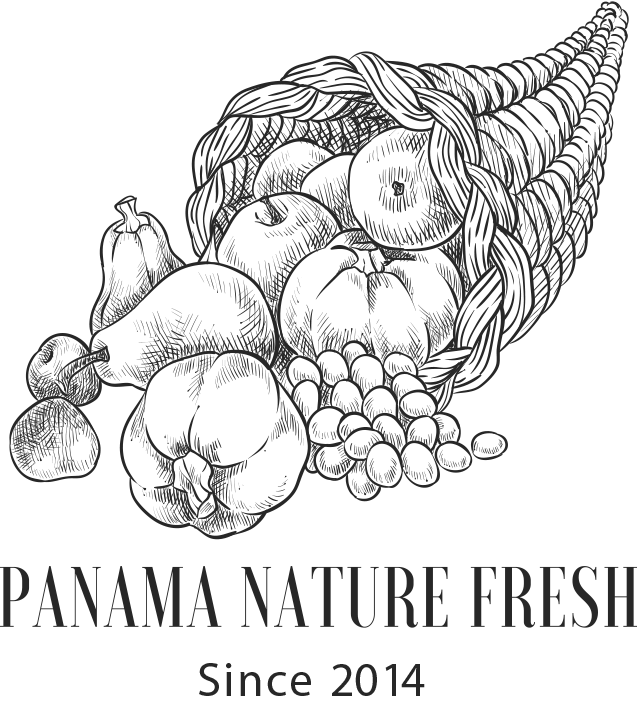

INVEST AND GROW WITH US
If you are interested in investing in Panama Corporation, please bear in mind that the company does not seek investors only for the purpose of expanding the company, and hence is not interested in equity or venture capitalists. We want to recruit a group of young, creative, and intellectual minds that want to learn, contribute, and be a part of this evolving story.
Fishing
At Panama Nature Fresh, we believe that sustainable farming is the only way to safeguard our valuable resources, and you’ll notice that it’s a core principle in all we do. Owing to that belief, we have extended the same methodology in deep sea fishing for tuna, in collaboration with world-class fishing partners, and have been deep sea fishing for the last ten years. We thrive on procuring high-quality tuna and exporting it to markets all over the world
For us, high-quality tuna is a healthy, clean fish that is devoid of antibiotics and chemicals, and is procured sustainably in the deep sea under strict and controlled parameters. We are concerned about the development of our workers and the communities in which they reside, as well as the development of a sustainable production method that is environmentally friendly and ecologically responsible. We ensure and protect the safety of our onsite employees, are conscious about ocean ecology, and have never encouraged fishing during critical conditions such as extreme storms or spawning seasons.
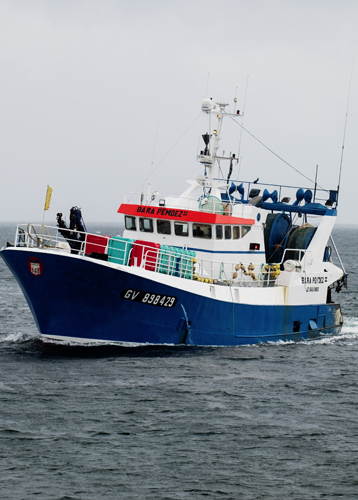
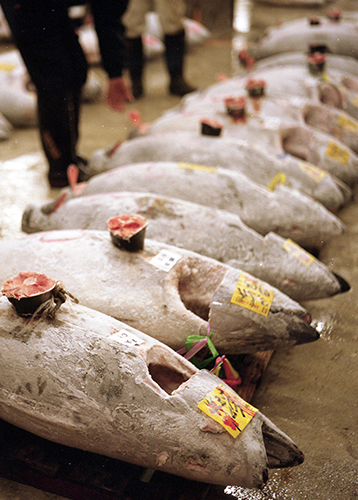
Due to our advanced intensive Tuna farming technology, vertical integration and control over the developmental chain (larvae reproduction, farming and processing), we can guarantee completely traceable Tuna and year-round production to meet our customer demands.
We also trade in Tuna, Salmon, Red Rock crabs, and Shrimp, obtaining them from reliable and ethical Japanese and North American marketplaces, packaging them to ensure airfreight safety, and exporting them to diverse markets throughout the world.
TECHNICAL APPROACH TOWARDS AGRICULTURE
1. Wastage of crops
Every year, a large amount of food is wasted owing to a variety of factors such as inflation, price decreases, harvesting, and so on. In such a case, one would be left with no choice except to discard it away because they are unable to sell it and every other option would be prohibitively expensive.
Each year, it is estimated that 23 million tonnes of food cereals, 12 million tonnes of fruits, and 21 million tonnes of vegetables are lost, totaling 240 billion rupees in value.
The value of horticulture production in 2012-13 was Rs 2,84,000 crore, according to Estimates of Value of Output (Central Statistical Organisation, 2016), whereas losses were estimated to be at Rs 31,500 crore. This equates to around 11% of the total. In 2012-13, the value of livestock output was Rs 5.08 lakh crore, with losses estimated at Rs 19,000 crore. As a result, the losses were only roughly 3.7 percent of the total output value.
2. Exports
The total agriculture commodities export was US$ 17.19 billion between March 2020 and February 2021.
3. The Farmers (Empowerment and Protection) Agreement on Price Assurance and Farm Services Ordinance, 2020
This ordinance will provide a framework on farming agreements, and will protect and empower the farmers to engage with agri business firms, processers, wholesalers, exporters, or large retailers
4. Market size
India is among the 15 leading exporters of agricultural products in the world. Agricultural export from India reached US$ 38.54 billion in FY19 and US$ 35.09 billion in FY20.
According to Inc42, the Indian agricultural sector is predicted to increase to US$ 24 billion by 2025
5. Investments
According to the Department for Promotion of Industry and Internal Trade (DPIIT), the Indian food processing industry has cumulatively attracted Foreign Direct Investment (FDI) equity inflow of about US$ 10.24 billion between April 2000 and December 2020.
UPDATES
We keep you informed of the latest POSTS
The current query has no posts. Please make sure you have published items matching your query.














